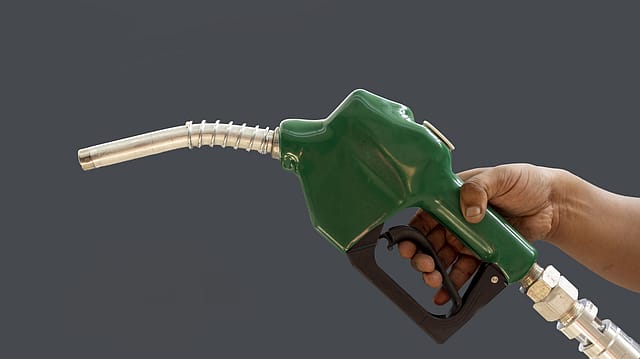Govt again hikes windfall tax on petroleum crude to ₹9,600 per tonne
ADVERTISEMENT

The Indian government has announced an increase in the windfall tax on petroleum crude, raising it from ₹6,800 to ₹9,600 per tonne. This adjustment will take effect from April 16 as part of the government's biweekly tax revision. Notably, diesel and aviation turbine fuel will remain unaffected and maintain a zero windfall tax rate.
Earlier on April 3, there was an increase in the windfall tax by the government on petroleum crude, up from ₹4,900 to ₹6,800 per metric tonne. This tax was initially introduced in July 2022 to regulate private refiners, who were exporting fuel overseas to capitalise on higher refining margins instead of selling domestically. The Special Additional Excise Duty (SAED) for exporting diesel, petrol, and Aviation turbine fuel continued to remain at zero.
Oil prices maintained their upward trend as concerns about potential supply disruptions due to escalating geopolitical tensions persisted. However, some of these worries were alleviated by an unexpected rise in US crude oil inventories.
Prior to this recent change, on March 15, 2024, the Finance Ministry raised the windfall tax on domestically produced crude oil sales to ₹4,900 per tonne, an increase from the preceding SAED of ₹4,600 per tonne that was effective in the prior two weeks. Prior to that, on February 16, the government increased the windfall tax on petroleum crude from ₹3,200 to ₹3,300 per metric tonne and raised the tax on diesel from zero to ₹1.5 per litre.
A windfall tax is imposed on domestic crude oil when global benchmark rates exceed $75 per barrel. The export of diesel, ATF, and petrol incurs this tax if product cracks (or margins) surpass $20 per barrel. Product cracks or margins refer to the discrepancy between crude oil (the raw material) and the final petroleum products.
Beginning in July 2022, the Indian government implemented a windfall tax primarily targeting crude oil producers, later extending it to include gasoline, diesel, and aviation turbine fuel (ATF) exports. The main objective of this policy is to discourage private refiners from prioritising fuel exports at higher global prices over the domestic market. The windfall tax rate undergoes adjustment every two weeks by the government.
This latest increase in the windfall tax on petroleum crude aims to ensure that private refiners do not favour exports over the domestic market.